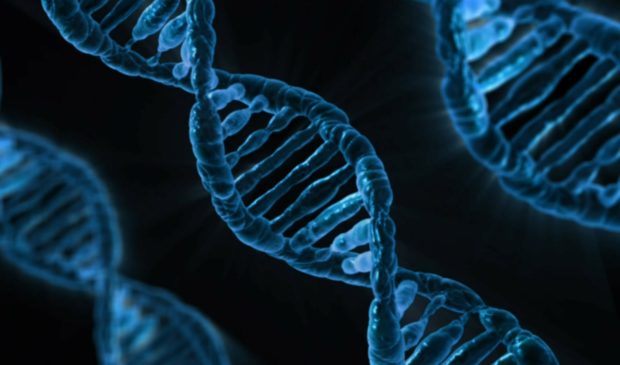APD updates commission on DNA backlog
Tuesday, December 6, 2016 by
Jack Craver The Austin Police Department hopes to have the backlog of sexual assault kits eliminated within the next year, Assistant Chief Troy Gay told the Public Safety Commission on Monday.
APD will soon begin sending 100 batches of evidence every two weeks to the Southwestern Institute of Forensics Science, the lab run by Dallas County that City Council voted to contract with in November as a result of the closure of APD’s own lab earlier this year.
In addition, Gay said, the department will be directing 20 cases every 45 days to a separate lab, Signature Science, which is based in Austin.
Finally, the department will continue to send up to 20 “critical cases” every month to be analyzed by the Texas Department of Public Safety. Since June, explained Gay, the department has relied on DPS in cases that both prosecutors and the police department believe are “critical and need analysis on a quicker basis.”
Commission Chair Rebecca Webber, who last month announced that she was planning to craft a resolution calling for APD to add several detectives to its sex crimes unit, said at the Monday meeting that she will instead wait for guidance from the department on what type of additional staffing would have the greatest impact on preventing future sexual assault case backlogs.
The department, noted Webber, has only two counselors who are in charge of keeping up with victims of sexual assault and guiding them through investigations of the crimes. The difficulty of getting victims to cooperate with the investigation is likely only rendered more challenging if there is not enough staff to help survivors cope with what is a “long and arduous process,” said Webber.
Commissioner Kim Rossmo concurred, noting that only a small percentage of all sexual assault allegations lodged with the police lead to convictions.
“If a lack of counselors leaves people feeling they can’t carry a case forward, … that’s a problem,” he said.
Rossmo added that he would like to see data from the department that could help identify the most common stumbling blocks for investigations. At last month’s meeting, staff from APD’s sex crimes division said that it was common for victims to refuse to cooperate with investigations, a refusal that necessarily halts any plans to prosecute.
APD is still weighing various options as it considers whether it should eventually reopen its own DNA lab or if it should rely on an outside one. Although the city has announced plans to reopen the APD lab, some city officials and activists have suggested that the lab would be better off entrusted to another agency.
The Austin Chronicle reported last week that most other large metro areas in Texas entrust DNA analysis to nonpolice agencies, such as the county medical examiner (Dallas and San Antonio) or an independent board appointed by the mayor (Houston).
“There’s a multitude of options,” said Gay.
Commissioner Michael Levy also called for more information on what led to the problems that forced the closure of APD’s lab in June.
“The reason we study history is so we can learn (from past mistakes),” he said.
“How did we get into this mess?” Levy asked. “I don’t think that’s ever been discussed.”
In an interview with the Austin Monitor after the meeting, Rossmo echoed that point.
“We don’t really have a good understanding of what went wrong,” he said, noting that some of the technical problems highlighted at the lab were “symptoms” of a greater problem. “It’s probably more systemic than that.”
The Austin Monitor’s work is made possible by donations from the community. Though our reporting covers donors from time to time, we are careful to keep business and editorial efforts separate while maintaining transparency. A complete list of donors is available here, and our code of ethics is explained here.
You're a community leader
And we’re honored you look to us for serious, in-depth news. You know a strong community needs local and dedicated watchdog reporting. We’re here for you and that won’t change. Now will you take the powerful next step and support our nonprofit news organization?








